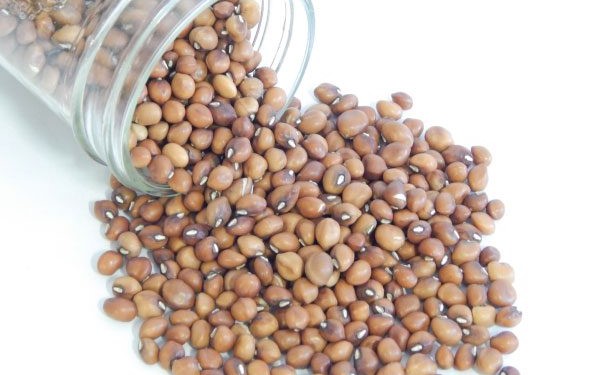The National Biotechnology Development Agency (NABDA) says the Federal Government has approved two modern biotechnology crops – BT cotton and cowpea (beans) for commercialisation in the country.

Dr Rosa Gidado, the Deputy Director, Agricultural Biotech Department, National Biotechnology Development Agency (NABDA), Abuja, told the News Agency of Nigeria (NAN) on Friday, January 10, 2020 in Lagos.
Commercialisation is the process by which a new product or service is introduced into the general market.
Gidado said Nigeria was currently at the commercialisation stage, adding, however, that research on biotech crops was still ongoing and was a never-ending affair.
She said that the approved crops are BT cotton and Cowpea (Beans), adding that “the cotton is hybrid, while the cowpea is not hybrid’’.
Gidado said that biotechnology was deployed in the area of agriculture to develop genetically modified crops to have protection against insects also to be drought and flood tolerant.
She said that biotechnology was deployed to make crops more nutritious, adding that it was deployed in the area of health, for data medicine, affordable medicine, diagnostic key development and vaccine development.
She said that commercialisation of the hybrid cotton was approved in 2018, while the beans were approved in December 2019.
“Two farmers have tested the crops on their farms, and they are very okay; they are resistant to those insects and they have early maturation and mature before the conventional date and have good quality.
“We already have two modern biotechnology crops that have been approved by the Federal Government for commercialisation. We have the BT cotton and Cowpea.
“The crops have just been approved so they are not in circulation yet. The cotton was approved in 2018 and the cowpea was approved in December 2019.
“We are trying to build capacity of the farmers on how they can produce the seeds themselves subsequently. We are also teaching extension workers and wards,” she said.
Gidado said that capacity building and training was also ongoing for local seed companies, to market the crops so that in future, the country could produce the seeds locally and not import it.
“The cowpea was just recently released in 2019: this year, the capacity of some seed companies, local seed companies that will actually be the ones to market these seeds are being built.
“The capacity of the seed companies will be built so that there will be availability of seeds to farmers at the right time and the right quantity.
“We want the seeds to be available so that farmers will have the right quantity and they get it at the right time before the next planting season in 2020.
“I believe our farmers should have access to this foundation seeds,” she said.
The NABDA director said that part of the activities of the agency for 2020 were seed production and certification.
“Our programme for 2020 is seed production and certification. They would be carried out simultaneously across the country by the seed companies.
“Our plan for 2020 is to train seed companies to mass produce seeds that will be available for farmers; that is cotton and beans that have been approved for commercialisation.
“The seed production will be carried out by the seed companies.”
Gidado however said that for now, she did not know the number of companies that would be involved in production.
NABDA is charged with the responsibility of promoting, coordinating, research and development, policy formulation and awareness creation of biotechnology practice in Nigeria.
By Olayinka Olawale
